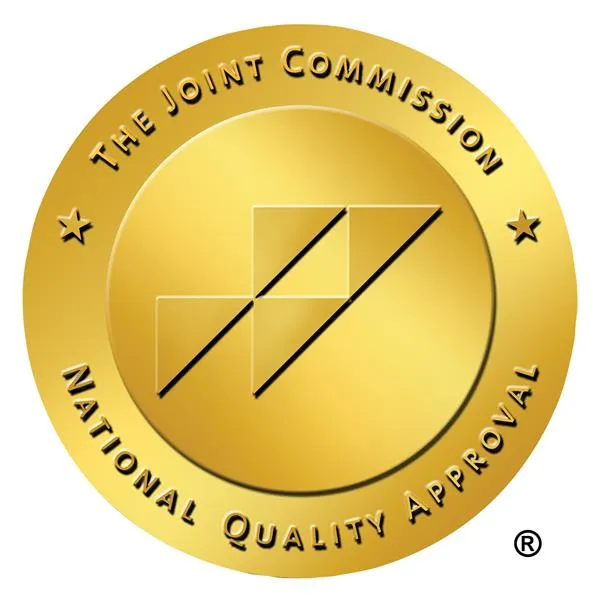Measles outbreaks have been occurring in several US states. As of the second half of March 2025, the Centers for Disease Prevention and Control (CDC) reported that 301 confirmed individuals have contracted the airborne disease, and 17% of the cases were hospitalized. Unfortunately, there have also been deaths associated with this illness. As of March 2025, there have been two measles-related deaths in the US: the first was an unvaccinated child in Texas, and the second was an unvaccinated adult in New Mexico.
With measles cases surging in the US, travel nurses must ensure that they and their patients are protected against this highly contagious disease that quickly spreads not just in the community but also in healthcare settings where immunocompromised individuals are.
This article discusses measles, its complications, and what travel nurses can do to reduce their and their patients’ risk of acquiring and spreading this disease.
Measles overview: What it is and what complications can arise from it
Measles, also referred to as rubeola, is a viral illness that typically affects children. However, adults who have never been infected with measles as children or have not been vaccinated can also contract it. Measles is highly contagious and can have serious or even fatal effects, especially on children and immunocompromised adults.
In recent decades, measles cases have been prevented because of the availability of the measles vaccine, which is typically bundled with mumps and rubella (MMR) and varicella (MMRV).
Measles is highly contagious: 90% of those who have measles will infect those around them who are not immune to the disease. Measles resides in the nose and throat mucus of those infected by it. Because it is airborne, when people with measles cough, sneeze, or breathe, the measles particles can stay in the air for up to two hours.
A person who has contracted measles will typically show signs and symptoms 10 to 14 days post-exposure. The common measles symptoms include:
- Running nose
- Cough
- Red watery eyes
- Small white spots inside the cheeks (Koplik spots)
- High fever
- Rashes that initially appear on the face and neck and spread throughout the body
According to the CDC, measles can lead to certain health complications, including:
- Ear infections
- Diarrhea
- Hospitalizations
- Pneumonia
- Encephalitis (Swelling of the brain)
- Pregnancy complications (premature births and low birth weight)
- Subacute sclerosing panencephalitis (SSPE)
- Dehydration
- Death
Reducing the risk of measles: A guide for travel nurses
The following are effective strategies to adopt in order to protect oneself from measles and prevent its spread among patients and other healthcare professionals in healthcare settings:
- Get vaccinated and make sure that your records are updated. You can opt to get the MMR or MMRV vaccine. Typically, two doses of the vaccine are needed to gain immunity, but speak with your primary care physician (PCP) to determine if you need an additional dose. You should also talk to your PCP to determine alternative options if you’re pregnant or have had an allergic reaction to the MMR or MMRV vaccines.
- Follow standard precautions when dealing with patients who are confirmed to have or could potentially have measles. Follow standard precautions for airborne illnesses such as wearing masks, practicing proper hand hygiene, and ensuring proper air ventilation.
- Have hand sanitizers and cleansing wipes handy. When traveling and sharing space with others, it’s important to regularly sanitize heavily touched surfaces to keep viruses at bay.
- Immediately remove your scrubs and take a shower when you get home. Regularly wash frequently used hoodies, jackets, sheets, and towels, too. This will help reduce the risk of spreading viruses and other pathogens to your family and loved ones.
Stay safe and protected!

